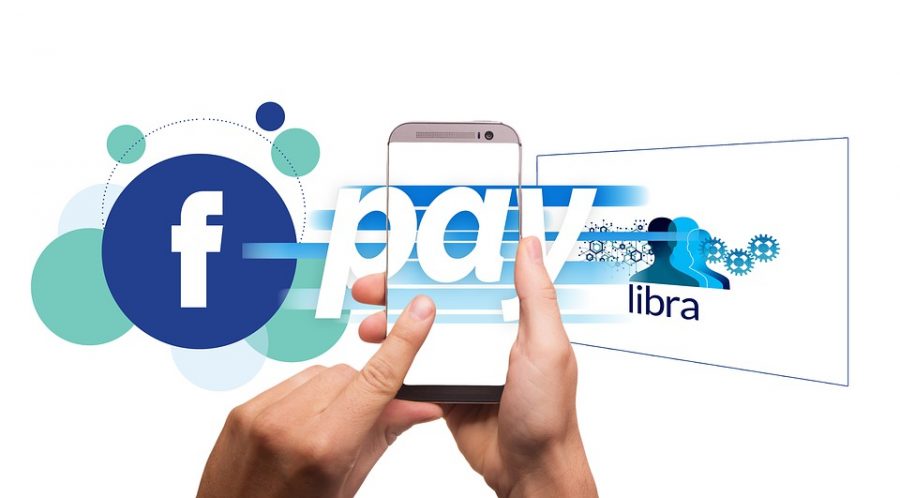A former NYU Courant Institute of Mathematical Sciences professor has claimed that Facebook plagiarized a trade coin he proposed in an academic paper with their new e-currency, Libra, according to Coindesk.
Alexander Lipton, who served as an adjunct professor of mathematics until May 2017, published a journal article called, “Digital Trade Coin: Towards a More Stable Currency,” with his peers Thomas Hardjono and Alex Pentland last year. He noticed three similarities between Libra — which was announced in June — and his proposed trade coin.
“Facebook duplicated my idea of a tradecoin proposal with their cryptocurrency, Libra,” Lipton told WSN.
Lipton cited the fact that both Libra and his trade coin would be accessible around the world, instead of only targeting large countries as some cryptocurrencies do. Libra and Lipton’s coin would also both have validators, which adds security by verifying transactions. This allows for larger transactions to be made in less time, according to Lipton.
In Libra’s “White Paper,” the document Facebook created to introduce their currency to the world, they mentioned that Libra would be led by the Libra Association, a nonprofit organization based in Switzerland. This association would include large companies such as Mastercard, Ebay and Paypal, who would also serve as the validators mentioned earlier.
Lipton’s paper suggested a trade coin in which validators are also stakeholders, and Libra is following the same model.
“The association is designed to […] coordinate the agreement among its stakeholders — the network’s validator nodes — in their pursuit to promote, develop, and expand the network, and to manage the reserve,” Libra’s White Paper stated.
This means the companies who benefit the most from Libra will also be in charge of regulating the system.
Libra will be run by a new Facebook subsidiary called Calibra. Calibra declined to comment to WSN.
Coindesk pointed out differences between Libra and Lipton’s proposal. Libra will be used as a digital version of existing currencies, while Lipton’s trade coin would be used as an alternative to money consumers use today. Additionally, Lipton’s coin is backed by oil and other commodities; Libra will use other currencies.
Correction, Aug. 27: A previous version of this article stated that Lipton was a current adjunct professor at NYU. Lipton was an adjunct professor until May of 2017. The article has been updated to reflect the correction and WSN regrets the error.
A version of this article appeared in the Monday, Aug. 26, 2019, print edition. Email Alex Johnson at [email protected].












































































































































